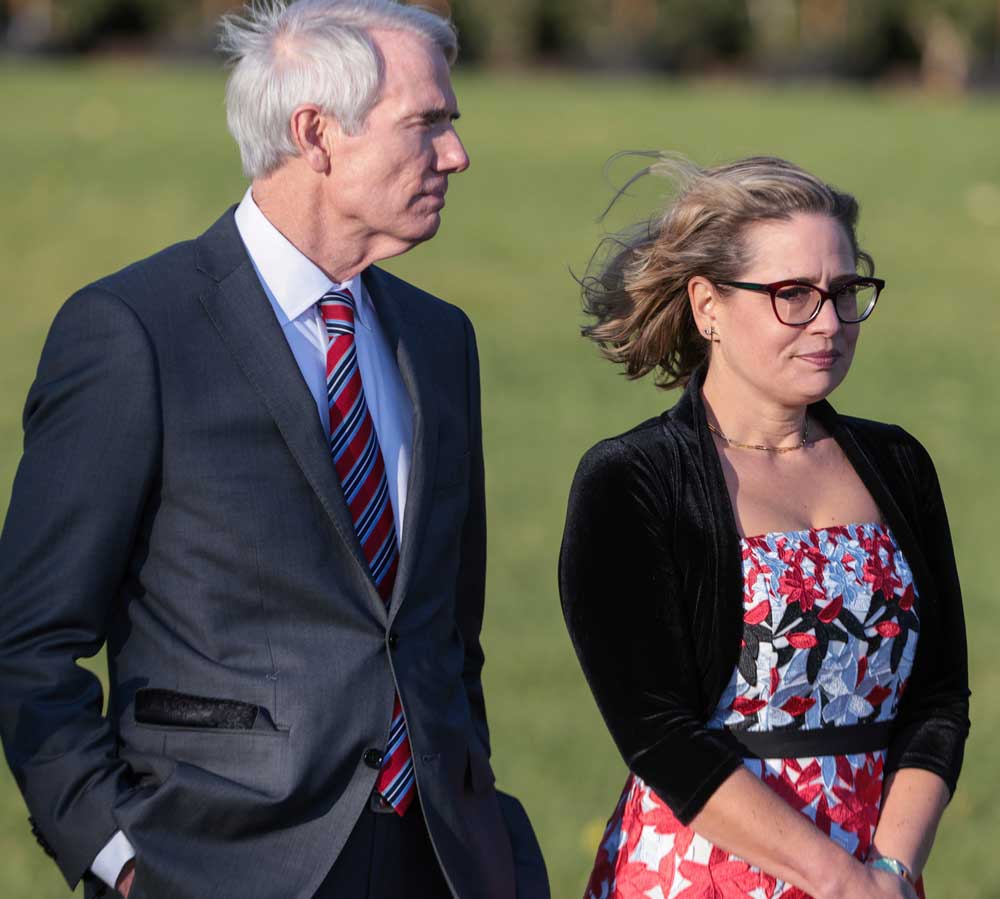The American Society of Civil Engineers’ (ASCE) graded six infrastructure categories in their 2021 Report Card for America’s Infrastructure. Overall American infrastructure was given a grade of C-, and our supply chain is feeling the effects. Extended transit times during the pandemic have exposed the supply chain inefficiencies that are the result of chronic underinvestment in infrastructure.
Thousands of members of CommonSense American have reviewed the 2021 Infrastructure Brief and shared their views. The brief assesses the infrastructure need and compares President Biden’s original American Jobs Plan, the Senate Republican’s Plan, and the Bipartisan Infrastructure Plan that ultimately passed.





